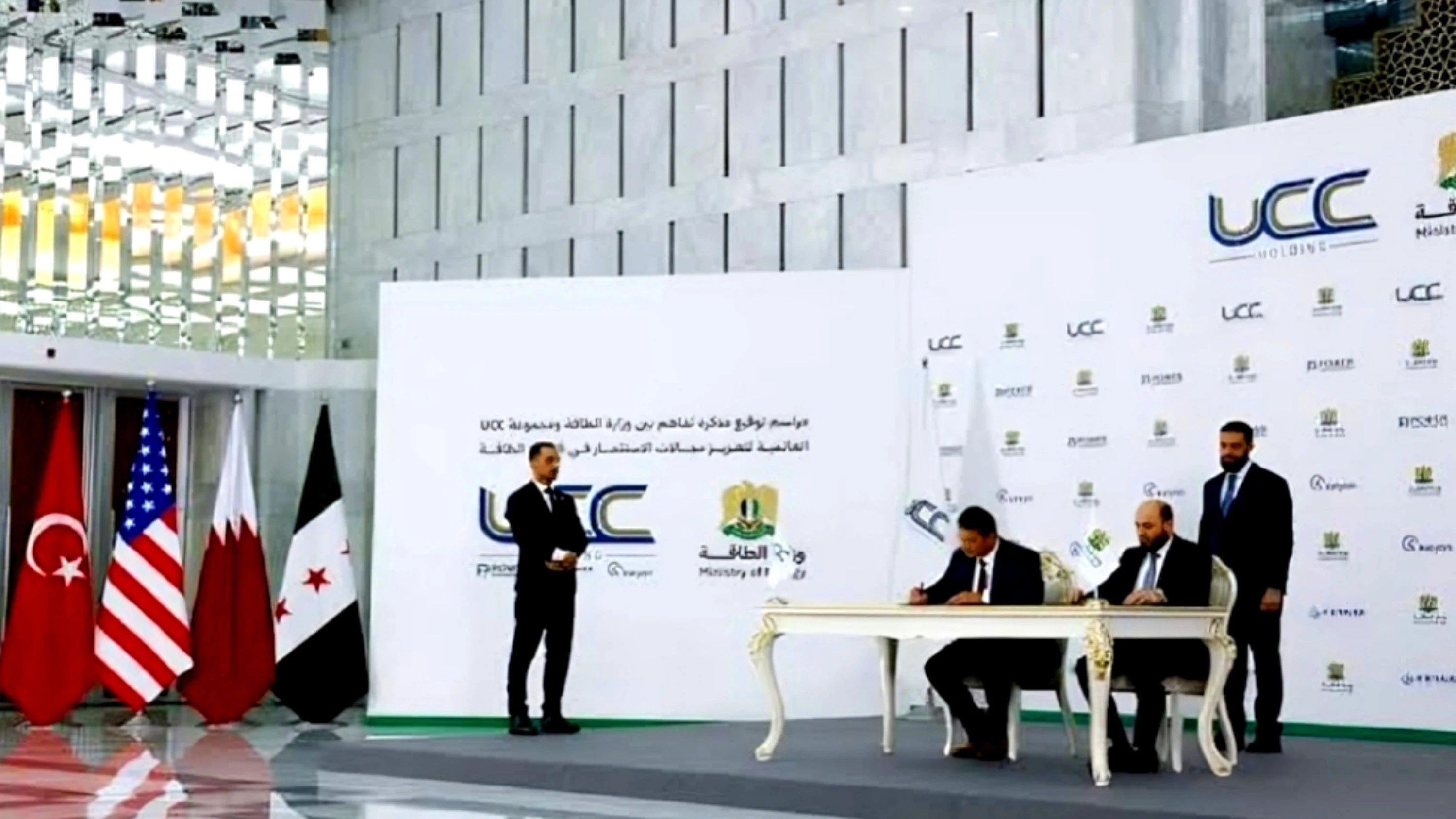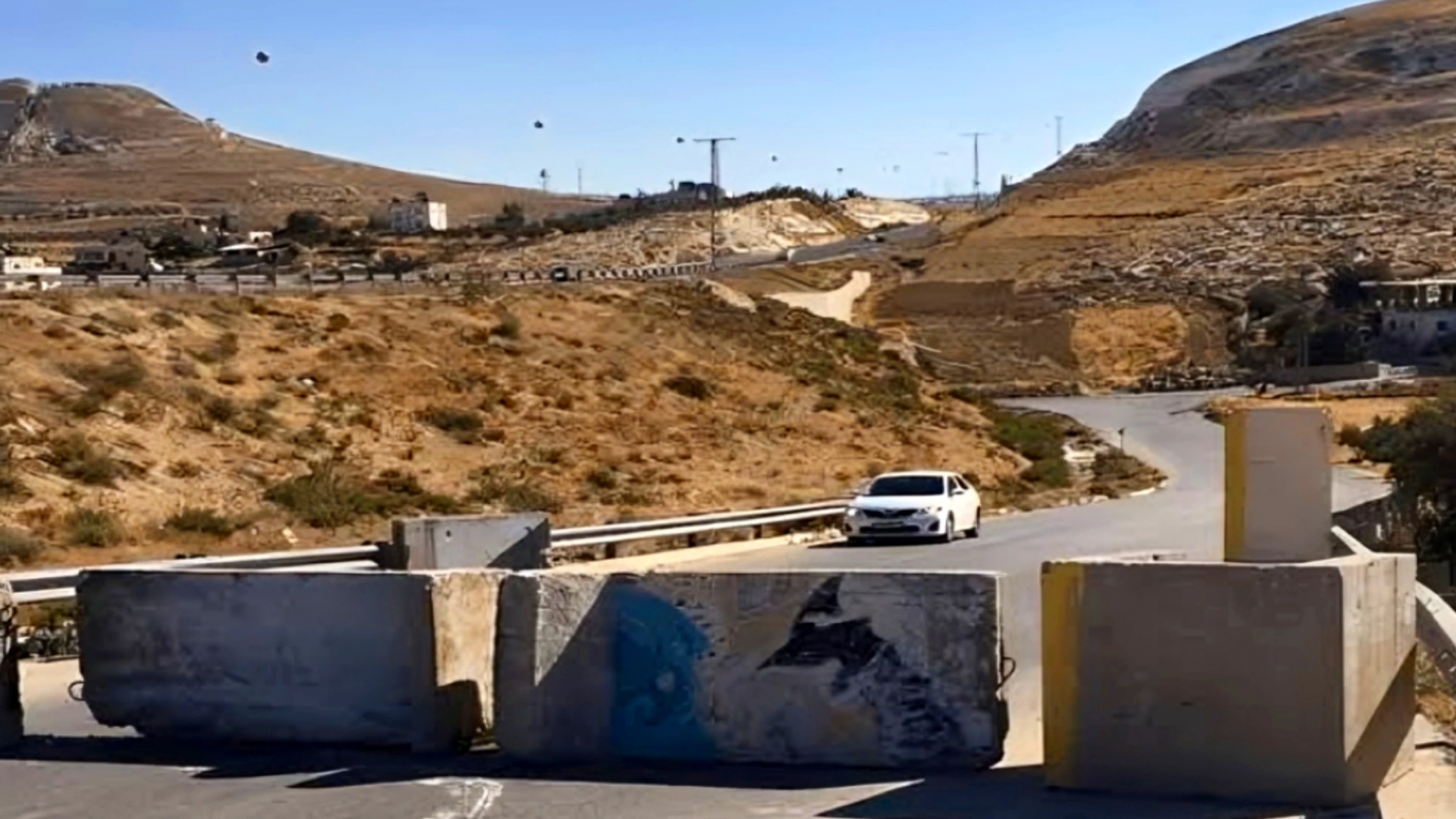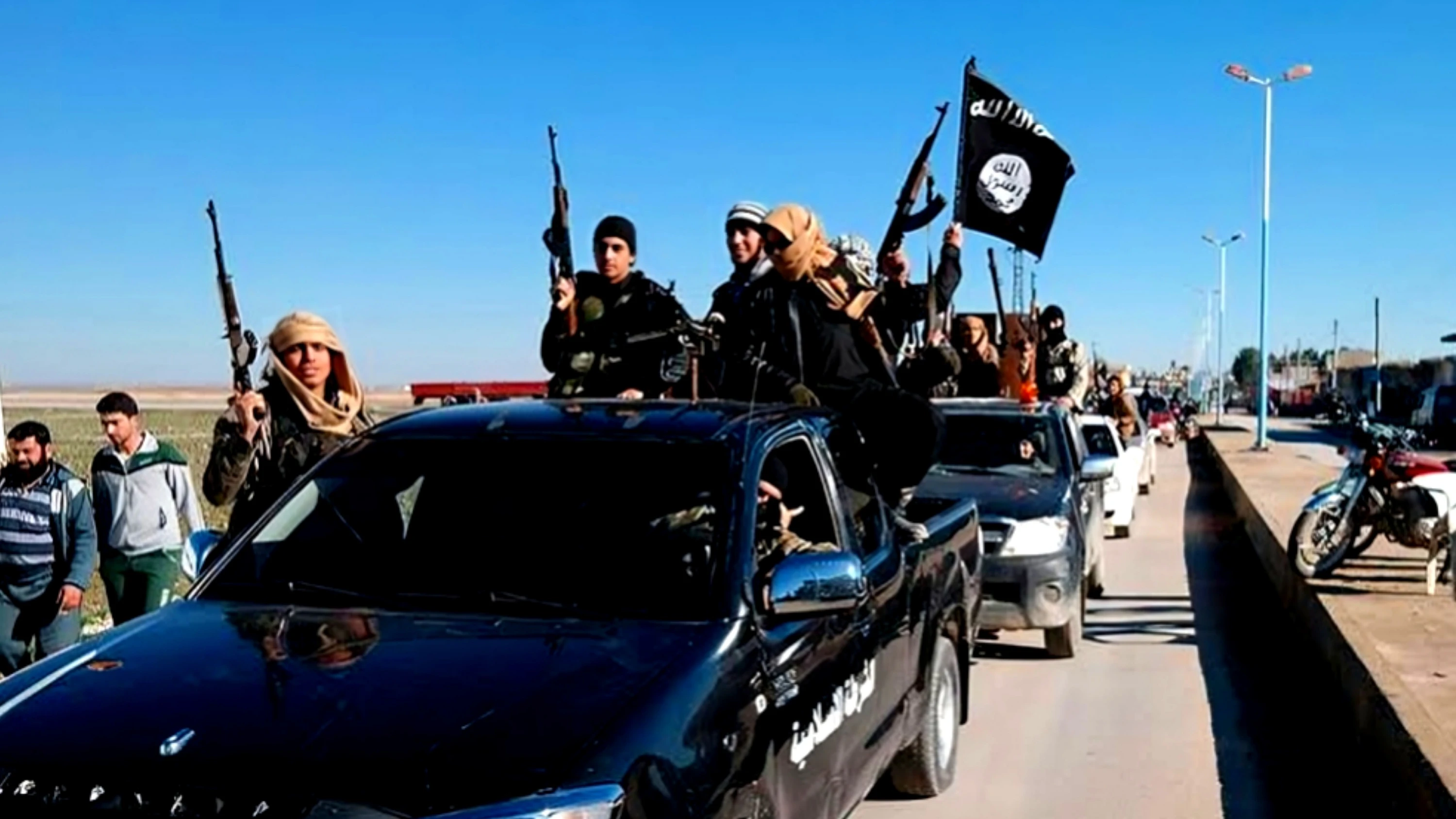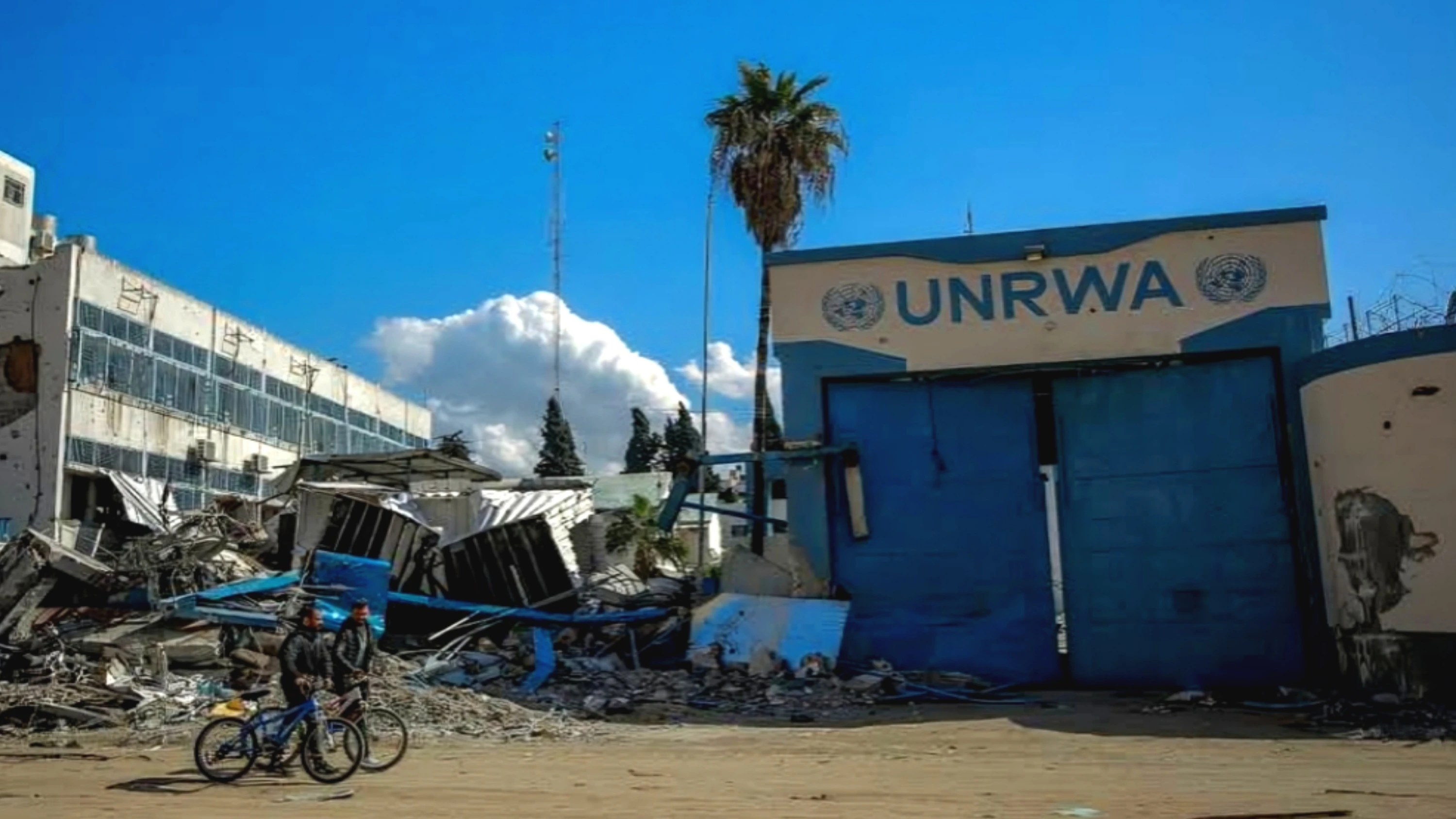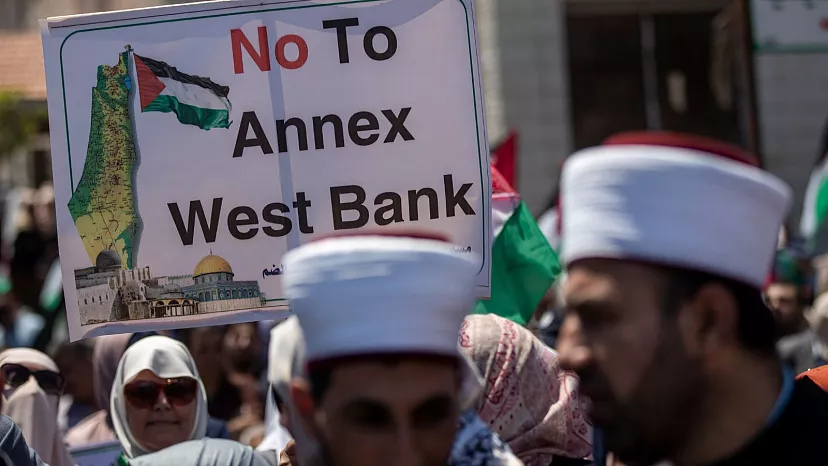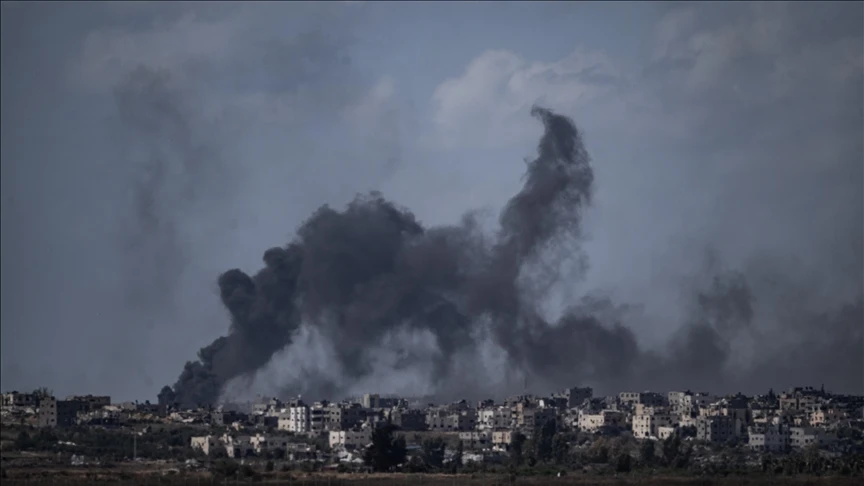Damascus: In a major boost for its crippled energy sector, Syria signed a $7 billion agreement on Thursday with a consortium of Qatari, Turkish, and American companies. The deal aims to generate 5,000 megawatts of electricity and marks the country's most ambitious infrastructure initiative since the civil war began over a decade ago.
The signing ceremony took place at the presidential palace in Damascus, attended by interim Syrian leader Ahmed al-Sharaa and US Ambassador Thomas Barrack. The project, hailed by Energy Minister Mohammad al-Bashir as a “historic moment” and “turning point,” is expected to breathe life into Syria’s dilapidated power grid, which currently leaves citizens in darkness for up to 20 hours a day.
The consortium is spearheaded by Qatar’s UCC Concession Investments, alongside Turkish firms Kalyon GES Enerji Yatirimlari and Cengiz Enerji, and the US-based Power International. The venture will include the construction of four gas-fueled power plants in central and eastern regions of Syria, as well as a 1,000-megawatt solar farm in the south. The facilities will utilize cutting-edge technology from the United States and Europe.
Ambassador Barrack revealed that US President Donald Trump had removed sanctions on Syria without preconditions and pledged enduring American support for the war-torn nation. “President Trump envisions turning borders into a tapestry of commerce and cooperation,” Barrack said.
The energy initiative is also expected to create massive employment opportunities, with UCC CEO Ramez al-Khayyat estimating more than 50,000 direct and 250,000 indirect jobs will be generated.
Just last week, Turkish Energy Minister Alparslan Bayraktar announced plans for Turkey to supply Syria with two billion cubic metres of natural gas annually, enough to power an additional 1,300 megawatts.
Efforts to revive Syria’s infrastructure have gathered momentum as both the United States and the European Union signal an easing of sanctions. In March, Qatar began financing gas deliveries to Syria via Jordan in an effort to reduce electricity shortages.
In a notable diplomatic development, Barrack also suggested the possibility of a non-aggression pact between Syria and Israel during an interview with Saudi-based Al Arabiya. Despite being technically at war since 1948, both sides are reportedly engaged in indirect talks, according to statements by Syrian leader Sharaa earlier this month.
Barrack said the long-standing hostilities were a “solvable problem,” proposing initial steps focused on defining borders and building mutual trust.
In another symbolic move indicating thawing relations, Barrack, who also serves as the US envoy to Turkey, joined Syrian Foreign Minister Assaad al-Shaibani to raise the American flag at the newly inaugurated US ambassador’s residence in Damascus. The residence, located near the shuttered US embassy in the Abu Rummaneh district, was opened under heavy security, as confirmed by state-run news agency SANA and AFP photographers on site.
Although the US embassy in Damascus remains officially closed following the 2011 uprising against former president Bashar al-Assad, the diplomatic activity marks a notable warming in US-Syrian relations.
“Tom understands there is great potential in working with Syria to stop radicalism, improve relations, and secure peace in the Middle East,” Trump said in a statement shared on the State Department’s official X account.


